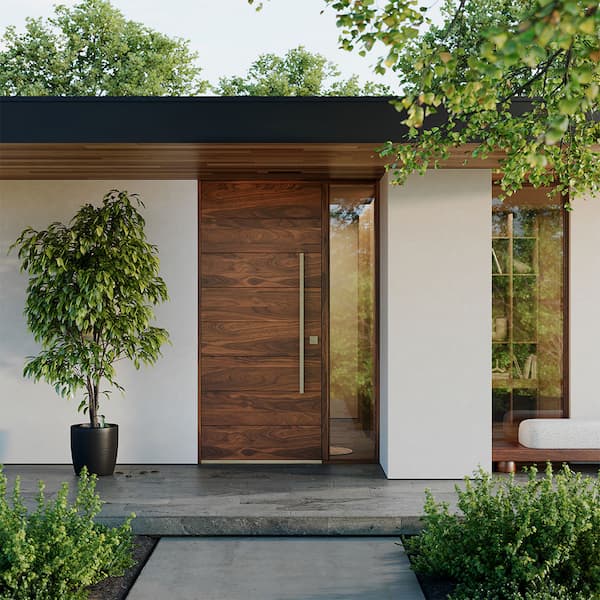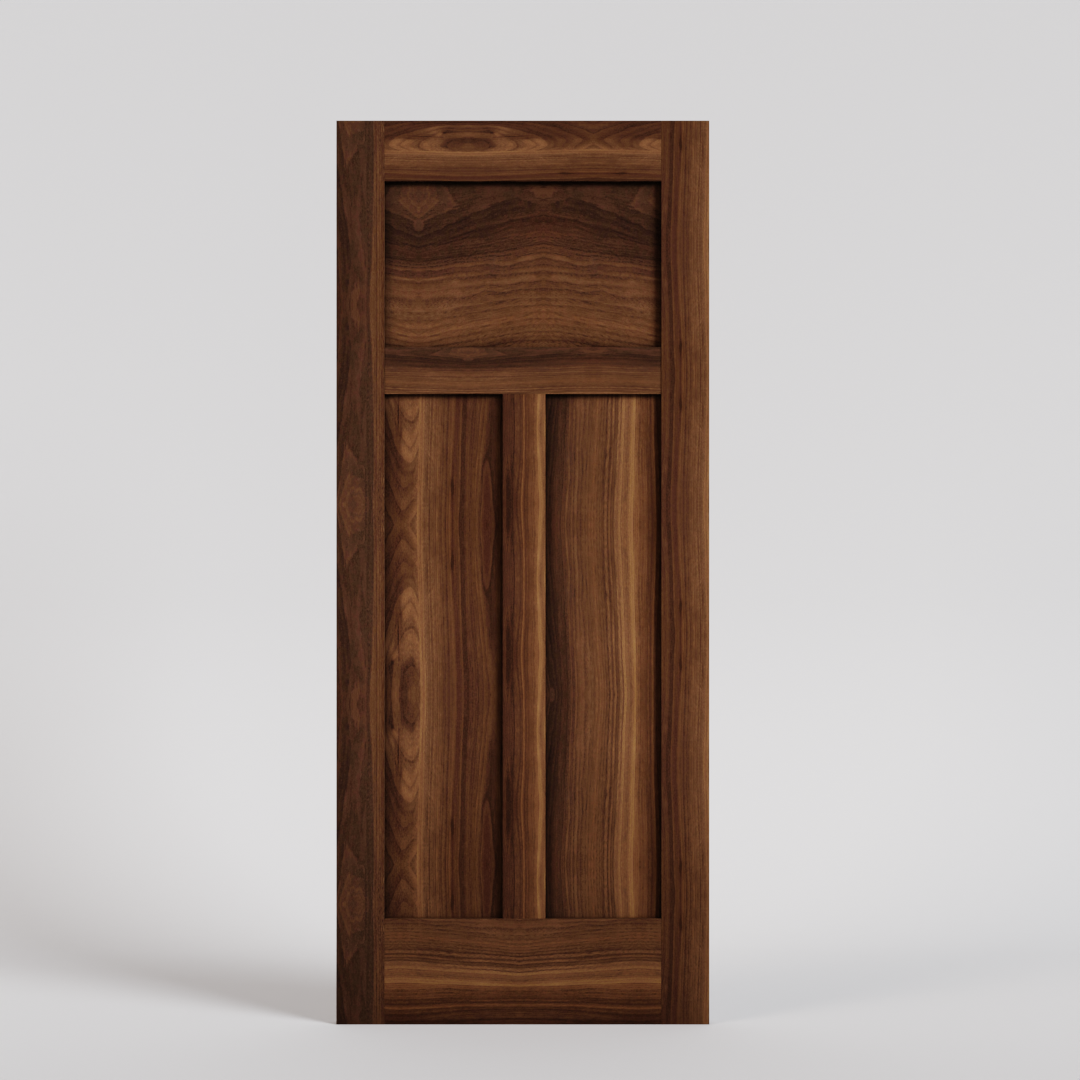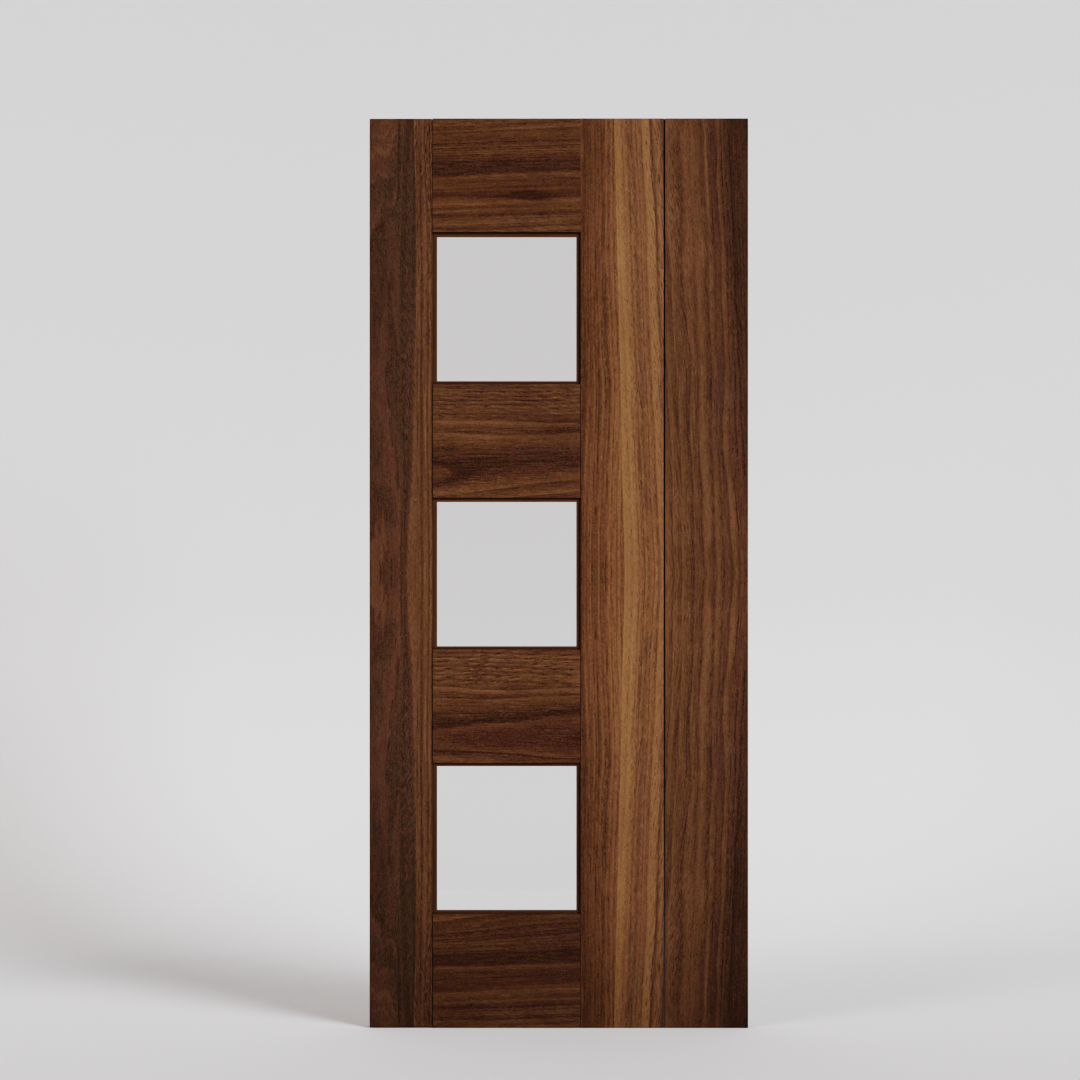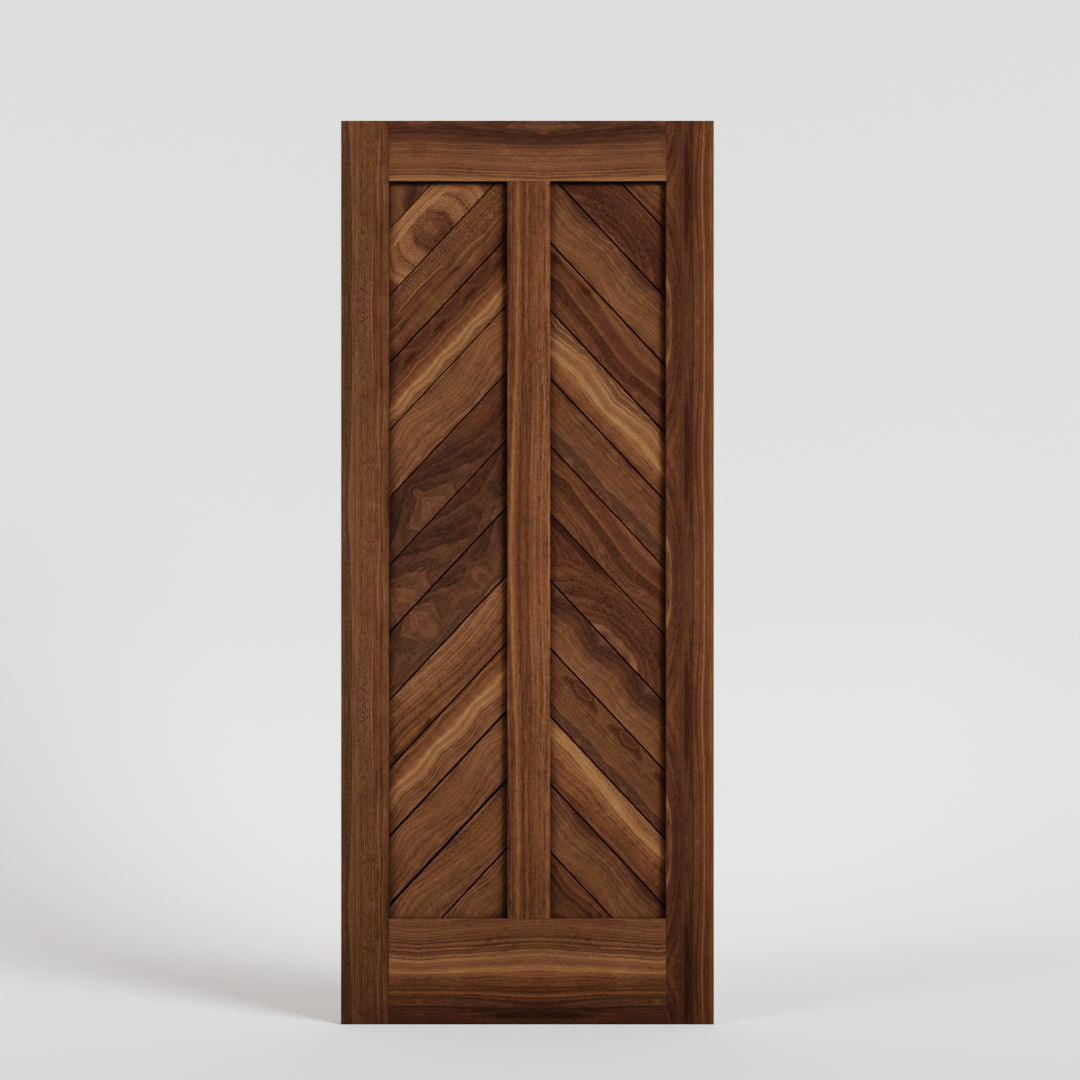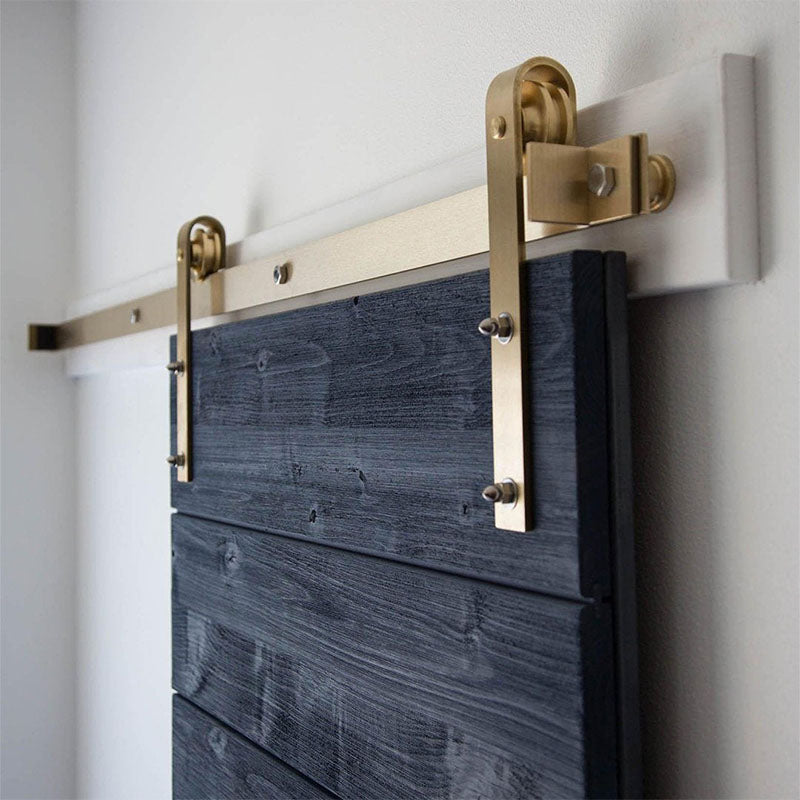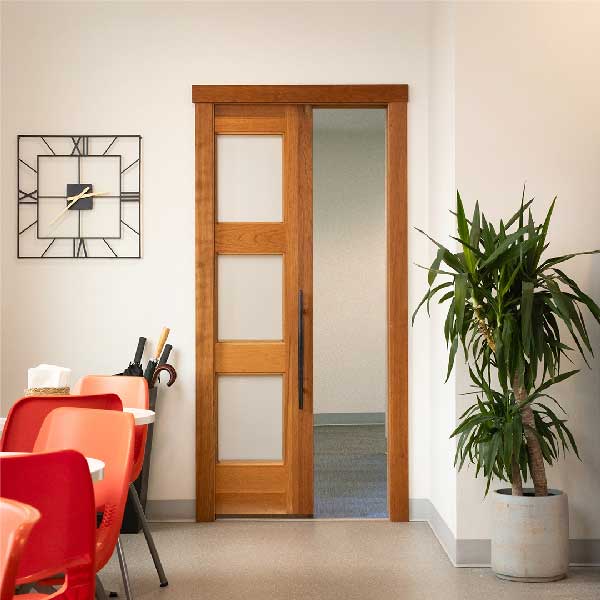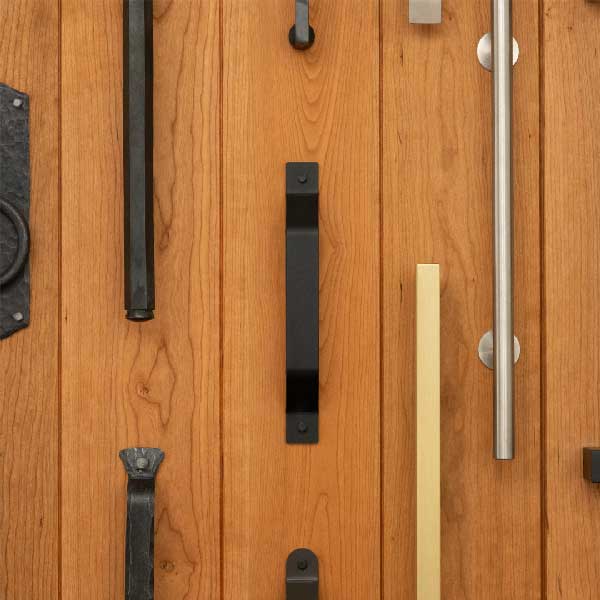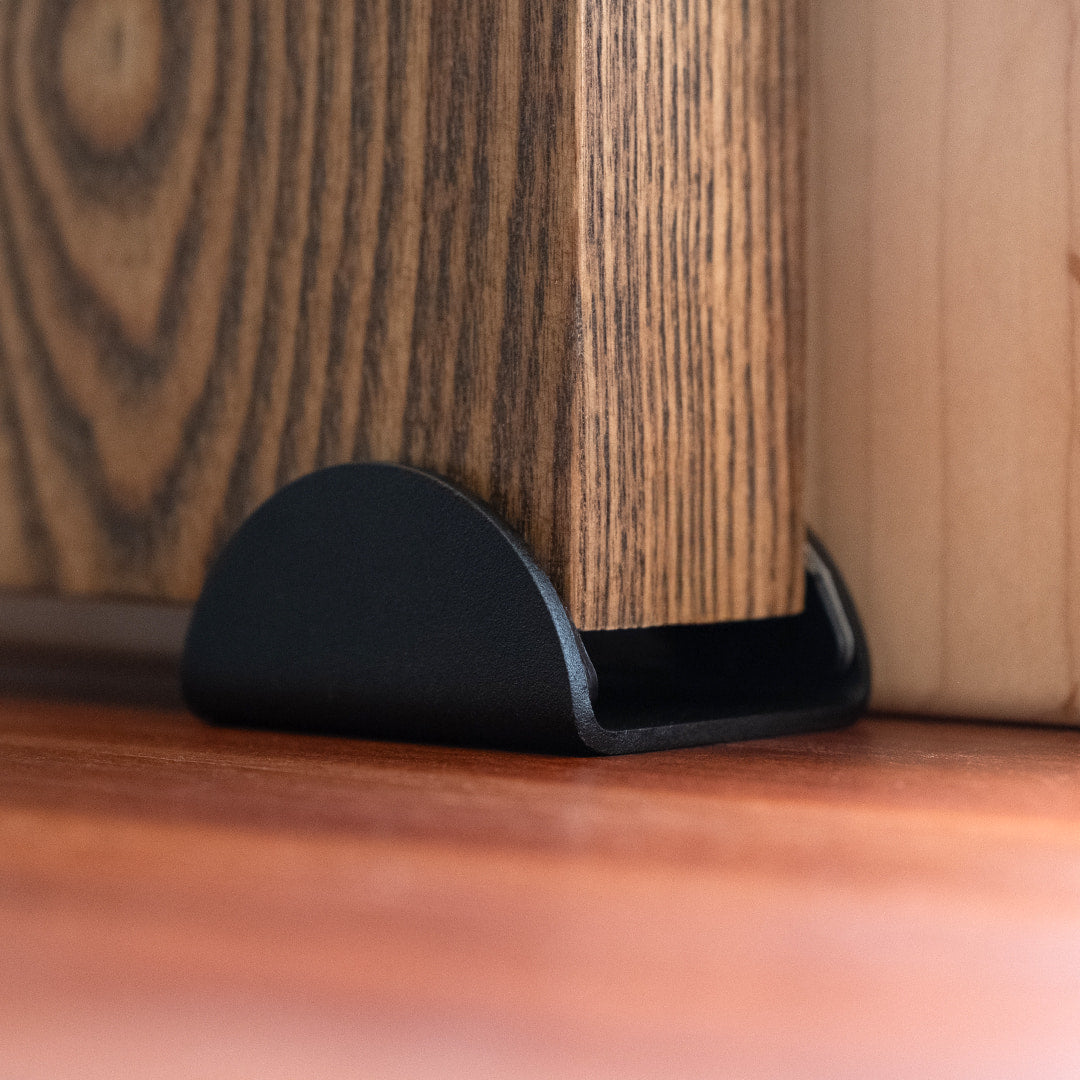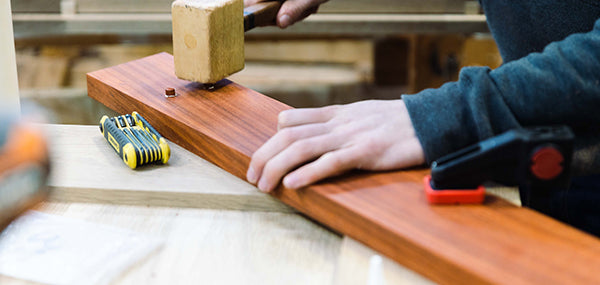Premium Quality Pocket Door Locks & Pocket Door Handles
Sliding Door Handles: How To Choose Yours
If you have a sliding door—barn door or pocket door—then you’ll need a pull handle for that door. Choosing a handle for your sliding door is one of the most important decisions you will make in designing your door system. After all, the handle is how you operate the door, pulling it open and closed. The question is, how do you know which pocket door or barn door handle is right for your project? We’re here to help you choose!
Let’s define some of the most common types of pull handles for sliding doors:
-
Raised Handles: These are handles that stick out from the door itself. This is the most common type of sliding barn door handle. Easy to install and easy to use, the best part about raised handles is the sheer number of design options. From rustic hand-forged pulls to modern solid bronze D-pulls to architectural stainless steel. The pulls can be large or small to match the scale of the door and overall space. If you’re looking for unique barn door handles, then a raised handle is your best choice.
-
Flush pulls: a flush door handle that lies flush with the door for smooth operation. Ideal for pocket doors and bypassing doors, where a raised handle would create issues. These pulls, sometimes called recessed barn door handles, tend to be sleek and minimalist in design. Many people use flush pulls in conjunction with raised handles on barn doors: a raised handle on the front, and the flush pull on the back of the door that faces the wall. This barn door handle set means you can operate the door on either side of it. Flush pulls come in rectangular and circular options. Unlike their raised counterparts, flush pulls require a notch to be cut into the door.
-
Edge pulls: edge pulls are used for pocket doors. As the name suggests, these pulls are installed on the edge of the door that’s still visible when the pocket door is fully enveloped in the wall. They provide a finger grip when pulling the door out again. The benefit of an edge pull is that it’s low profile and doesn’t require you to drill or cut the face of the door, since it goes on the edge.
-
Ring pulls: This style is for you if you want something old-fashioned looking. A metal ring attaches to a plate on the door, for an antique barn door handle look. Our ring pulls are hand-forged and look like they could have come from a fairytale castle gate.
Next we’ll touch on different types of sliding door locksets.
Locksets For Sliding Doors
Locksets for sliding doors are most often used in pocket doors. There are multiple versions of locksets. When choosing a lockset for a pocket door, the most important consideration is the level of privacy required in the space.
A note about magnetic passage handles: Magnetic passage handles don’t technically lock, but the magnets hold the door closed so it doesn’t roll open. A magnetic passage handle is ideal for hallways, pantries, theater rooms, closets, and other areas that don't require privacy.
-
Privacy lock: A privacy lock employs a button or a turn button and is ideal for use in bathrooms and bedrooms.
-
Latching Pocket Door Locks: Latching pocket door locks are simple to operate, with a snib you push down or twist to engage the lock. These are most commonly used in bathrooms. Some of our latching pocket door lock sets are also magnetic, meaning that a magnet engages the latch automatically when you close the door. These locks come with an emergency unlock feature on the opposite side of the door from the lock itself.
-
Keyed lock: Sliding locksets with keys are optimal for both residential and commercial spaces requiring medium-level security. You can choose a lockset with keys on both sides of the door, or on one side.
-
Commercial Grade Pocket Door Locks: What differentiates these lock sets from the others is their intended use: in commercial spaces (think of spaces like businesses and healthcare facilities). These options have a more commercial look to them, and they are robust and strong. The commercial grade locks for pocket doors we offer are ADA-compliant. They feature locking mechanisms and levers that can be operated without needing to pinch, grasp, or twist the wrist. Our ADA-compliant options make commercial spaces more accessible for everyone!
Barn Door Handles: Additional Considerations
So now that you know about the different types of barn door handles and locksets, let’s move on to additional design considerations. There are multiple factors to consider. Start with determining the style of the sliding door handle you want. For instance, if your barn door is modern and sleek, then a modern barn door handle makes the most sense—something in stainless steel or black with clean lines. But if your door is rustic or traditional, something rustic like a ring pull will make more sense.
Also consider the overall design scheme of the space. There are sliding door pulls that fit every décor style. From modern black barn door handles to flush door pulls in rectangular or circular shapes, to hammered and hand-forged vintage barn door handles for rustic flair. Stainless steel pulls can be industrial or mid-century-modern depending on the shape. And if your sliding door is a pocket door, we have edge pulls, flush pulls, and locksets in a variety of finishes and designs to suit your needs.
Next we’re going to touch on the configuration of your barn doors and how that can affect what style of handle is best for you.
-
Standard: The standard barn door system consists of a single track attached to the wall or ceiling, with a single door slab on the track. For a standard configuration, we recommend a raised barn door handle on the front side of the door, and a flush pull handle on the back. The flush pull handle as the name suggests lies flush with the door, for seamless operation. If you wish to have raised handles on both sides of the door, we recommend adding an adjustable end stop to your track. The adjustable end stop allows you to stop the door’s motion at a specific spot on the track, preventing the barn door pull from scraping against the wall.
-
Biparting: Like the standard system, the bi-parting system operates on a single track, but the difference is that there are two door slabs that open in opposite directions. A raised pull and flush pull combination, similar to a standard barn door system, works well for biparting doors. You could also choose handles with a magnetic closing action to keep the doors from rolling apart from each other.
-
Bypass: the bypass system operates with two or more tracks and doors, and each door has its own track. In the bypass system, the doors slide past each other (think of most closet doors). Flush pull handles are the best handles for this system to ensure smooth operation.
Hopefully this guide gives you the confidence to choose a unique door handle for your sliding door.
